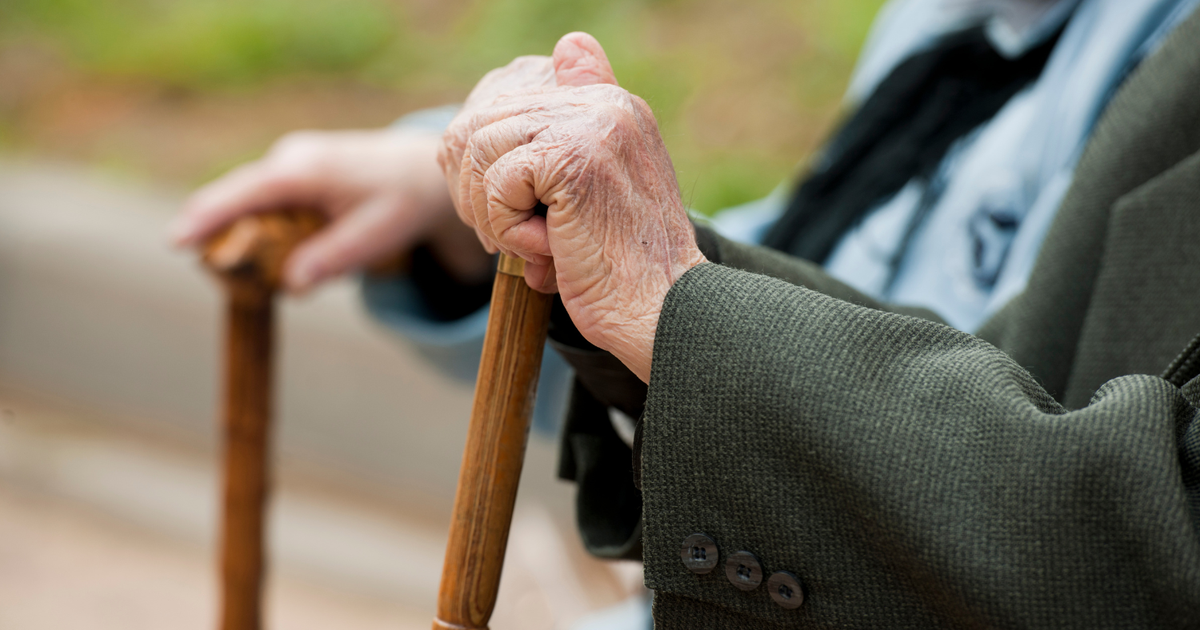In just a few o’clock on Friday, Zagreb firefighters, accompanied by the police, had to break into four apartments, and in each of them they found a deceased person. These people died alone, and in who knows what kind of agony.
Croatia, like many Western countries, is becoming a country of single households – almost every third of our households is, according to statistics, a single person. In about 400,000 households in Croatia, only one person lives, and it will only get worse: due to the falling birth rate, fewer and fewer marriages, i.e. more and more divorces, but also due, paradoxically, to rising standards .
The example of Sweden, which has been struggling with the loneliness of its inhabitants for years, shows in which direction the rest of Europe, including us, is headed. It is an economically well-off country, in which the number of single-person households has been increasing rapidly since the 60s, and now they have more than 40 percent – out of slightly less than five million households in that country. ;avi, two million are single. Sweden is a country known for unconventional living arrangements – children leave their parents early and live alone, due to economic independence there are fewer and fewer marriages and more divorces, the standard is good enough for them to be couples I can easily afford divorce and life at two addresses and equal parenting. So, in the end, older people stay and die alone.
Some Swedish cities have been trying to solve the problem in recent years by organizing joint housing for the old and the young, so that everyone lives in their own, smaller apartment, but they socialize in large, shared living rooms and kitchens. The young people are foreigners who came to Sweden as child asylum seekers without parents or relatives. The model is successful, to the mutual satisfaction of two generations.
– In our country too, people have fewer and fewer children, so for today’s 30- and 40-year-olds with one or no children in their old age, there will be no one in the family to take care of them. Due to the aging of the population, there will be more and more single households, that is an unquestionable trend. That is why there will have to be public services for these old people – for someone to visit them regularly and help them with food delivery, preparation or delivery of meals, to take them to health facilities and help them visit the counter, in general in administration, says sociologist Prof. Dr.Sc. Dragan Bagić.
As he adds, Today, Croatia does not have developed services and social services that would deal with it more. that is done, sporadically, by associations, the Red Cross; and the like – everything is left to the non-governmental non-profit sector.
– Such projects are financed ad hoc, for two or three years, and when the funds are exhausted, the users are left without services, they do not even know if they will have them again in the future. Centers for social care, on the other hand, will intervene only in critical cases, and there really is no systematic, safe service that would give older people a better quality of life and greater security. Children leave their parents, move to other cities, to other countries, and cannot take care of their parents every day, says Bagi. It is the state, he concludes, that will have to come up with solutions, before reality must be accepted.
Zagreb: How much will pensions grow? |
The reality, in the data of the State Institute of Statistics, is that in Croatia in 1953, there were an average of 3.8 people living in one household, and in 2021, there were 2.7 of them. Primorje-Gorski County (2.4), Liko-Senj (2.4), Šibenik-Knin (2.5) and the City of Zagreb (2.5) have the smallest households. Life expectancy in EU countries is 80.6 years on average, which is almost three years more than in Croatia (77.7). In Sweden, that age is 83 years old – Swedes live healthier, in a cleaner environment, have a better standard, but are also very lonely. Statistics show that every tenth Swede is buried without a funeral.
